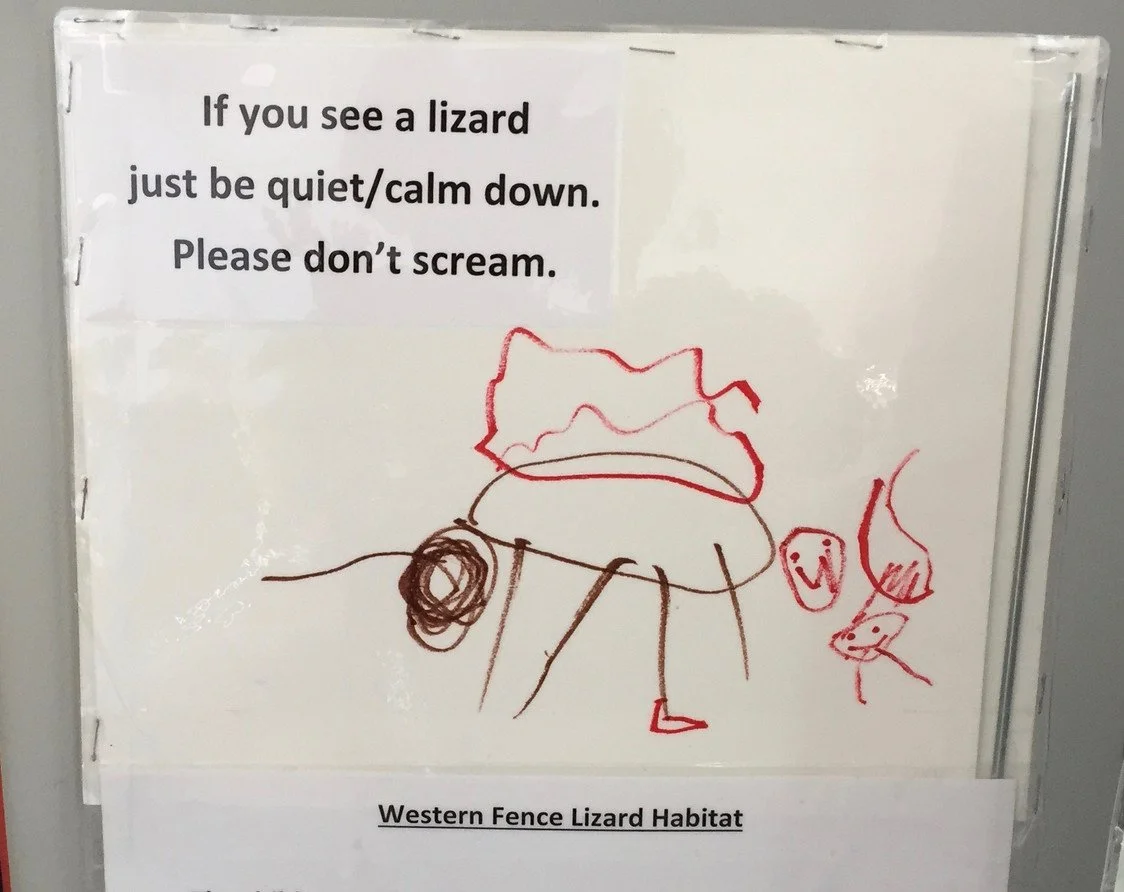Empathy, Education and Society
November, 2018
We’re all scared and angry.
Let’s put aside for a moment what we’re scared and angry about and consider instead what happens to the human brain when it has to deal with constant fear.
When we are faced with danger, The Amygdala, a small cluster at the base of the middle of our brain, fires off secretions, including Adrenaline, which shuts down our higher thinking functions and triggers the fight, flight or freeze response. This was an efficient process when humans were confronted with deadly risks in our distant past.
In modern society, however, we are faced not so much with risk as with anxiety and trauma. These things don’t appear once, like a wooly mammoth, and we can’t kill them off or run away from them. The Amygdala hijack, as author Daniel Goleman dubbed it, becomes a constant factor in our brains.
This doesn’t just mean that we are experiencing lots of isolated Amygdala hijacks. The brain is a unique organ – the parts we use the most come to guide our world view and our whole way of thinking. People in constant fight, flight or freeze mode can access their higher thinking functions, but those functions will be wired by the Amygdala and will in some senses serve the needs of the Amygdala. So, our higher thinking becomes organized around distrust, blame, enmity and anger.
We used to think that this problem was limited to people whose life circumstances were extremely challenging – where deprivation, instability, and/or abuse were rampant.
But not anymore. We are all scared and angry. All the time.
Now let’s consider how the human brain responds when someone we care about is overcome with fear, or anger. True, we sometimes respond with defensiveness or easy solutions. But ultimately, we respond to loved ones in pain with empathy and compassion. And we all know that empathy and compassion can help someone recover from an Amygdala hijack.
So, in the midst of a worldwide panic attack, when fear and anger seem to be devouring the foundation of society, how do we help each other out of it?
(Your Amygdala may be firing off right now, as you read this. All those people on the other side are evil, you may be thinking. I’m not going to foster compassion for them because that would be encouraging or collaborating with evil).
I’m not suggesting that you stop standing up for what you think is right or resisting what you think is wrong. I’m not arguing for middle ground or false equivalence. I am instead suggesting that we look at this problem through a different lens.
I’m in the business of supporting quality in Early Childhood Education. The best early childhood programs are based on an unshakable belief that we are all in this together. That we as humans are more fundamentally similar than different. That conflicts aren’t really about what we’re disagreeing about – they are opportunities for us to learn regulation, empathy and problem solving.
The best early childhood programs understand that a person must be comfortable before she can be curious – in other words, where there is conflict or tension, the first thing everyone must do is help each other calm down and then commit to creative problem solving.
We do this by making sure everyone is heard, naming the charged feelings that are present, reassuring ourselves and each other that conflict is normal, and then exploring together how we could find a solution that works, at least partly, for everyone. Quite often, even with toddlers, these steps solve the problem on their own: when everyone exhales and feels supported, they often find themselves in a more flexible state of mind (see Amygdala hijack above).
This process is not just based on principles of empathy. It helps develop empathy. Empathy – not rules or outcomes - is the learning goal. And empathy often largely solves the problem.
Early childhood educators are also in the business of supporting families. All families. We don’t have the luxury of ostracizing half the community because we think they are traitors. We must find the humanity and vulnerability in every parent and form partnerships based on real respect and compassion. Because we all care passionately about the well-being of their children.
Everyone cares more about their children than anything. I mean that. Everyone. Trust me, I’ve worked with everyone. Crazy rich families and desperately poor ones. Rural conservatives and urban progressives. I can tell you that everyone, from Alexandria Ocasio-Cortez to the Koch brothers, want the best for the children in their families more than anything.
So now, briefly, back to what we’re all scared and angry about. Underneath the partisan issues that divide us, we are all scared and angry about the same things: loss of security and viable options, distrust for institutions, and the feeling that our voice goes unheard.
I don’t want to make it sound simple. But I think about this every day, with increasing urgency. We need help. Each of us. None of us deserve to live with our brains upside down. And there is no one to help us but each other.
I believe early childhood educators hold powerful potential to offer frameworks of empathy and compassion that could provide crucial support and healing in this time of crisis: child by child, teacher by teacher, family by family, community by community.
Let’s acknowledge that we are all scared and angry. Let’s commit to helping at least a few people feel heard and respected. Let’s put our efforts into soothing our collective fight flight or freeze episode, and then get to our differences. Let us, without denying the conflicts between us, commit to partnering over one thing that we care about together.
And if you’re wondering what that one thing might be, how about the well-being and development of our children?

